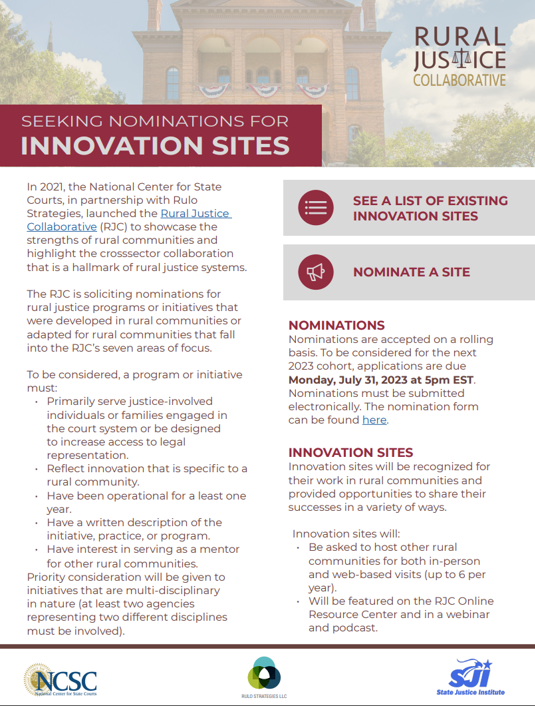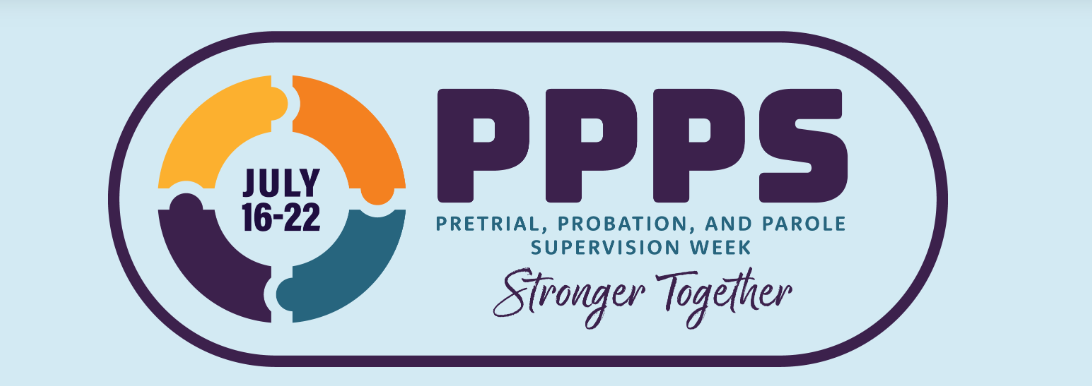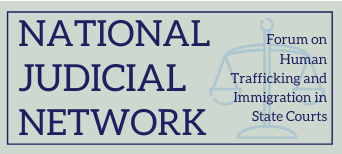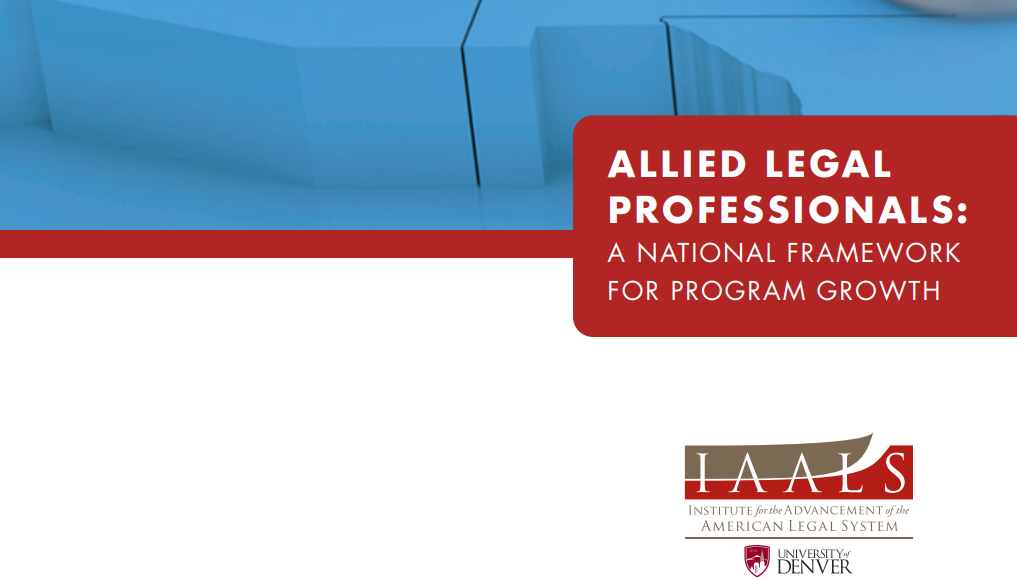The National Judicial Network: A Lifeline Helping Judges Better Serve Human Trafficking Victims and Immigrant Victims of Crime and Abuse
The National Judicial Network (NJN): Forum on Human Trafficking and Immigration in State Courts offers judges an opportunity for peer-to-peer learning and information sharing. Judges from all over the country who are interested in the court’s role in assisting victims of human trafficking and immigrant victims of crime and abuse can engage with one another through NJN. The NJN is supported by the National Immigrant Women’s Advocacy Project (NIWAP), American University Washington College of Law, in collaboration with the National Council of Juvenile and Family Court Judges (NCJFCJ), a 17-member state court judge steering committee and funded by the State Justice Institute. NJN judges participate in peer-to-peer forums, webinars, and a confidential members-only Listserv where they can communicate with other judges. They also have access to topic-specific publications and can request the development of new publications. In-person training sessions are conducted to address issues related to human trafficking and immigrant victims in state courts. The NJN’s forums, webinars, and publications aim to enhance judges’ understanding of complex issues and ultimately improve access to justice for victims of human trafficking and immigrant victims of domestic violence, child abuse, sexual assault, stalking, and other crimes. The NJN currently has 240 judicial officers from 35 states, DC, Puerto Rico, and American Samoa as its members. They convene monthly (excluding July and August) for peer-to-peer forums and webinars focused on topics requested by members. In response to judicial requests, NIWAP has developed a library of 260 judicial educational materials for judges. Additionally, the NJN records many of its forums and webinars as a comprehensive resource for judges and lawyers nationwide, covering various topics (30 in total).
Members of the NJN Steering Committee describe the importance of NJN membership:
“As a New Jersey family court judge in 2016, I was appointed to oversee the development of a juvenile diversion program for youth at risk of human trafficking,” said Judge Susan Maven (ret.) of Atlantic City, New Jersey. “I quickly learned that there was not a central platform to converse with judges across the country who had established similar programs or had experience with the human trafficking of youth. I made it my goal then to establish such a network. Through my affiliation with the NCJFCJ and NIWAP, we were able to establish the National Judicial Network. Judges are now able to share experiences and learn best practices in order to better serve youth and immigrant women who are victims or at risk of harm from human trafficking.”
“The National Judicial Network is an exciting opportunity for judges across the country to learn about issues related to human trafficking and immigrant victims of domestic violence, child abuse, sexual assault, and other crimes,” Judge Rosemary Collins (ret.) of Rockford, Illinois said. “I personally have found these trainings, and the materials provided, to be of the highest quality and extraordinarily helpful in my professional life. Networking with other judges who share my passion for this work and having access to up-to-date accurate information about these complex issues is invaluable!”
“I have been a state trial court judge for more than 28 years,” says Judge Ramona Gonzalez of La Cross, Wisconsin. “Courts now are a place where families come in crisis seeking more than just a jurist who calls balls and strikes. The issues they bring include many that are not taught in law schools. Immigration, trauma, and human trafficking are now before judges in rural and urban centers. The Judicial Network is a lifeline for judges everywhere to learn, share and prepare to meet the needs of the families in crisis we see every day.”
Please share information about the NJN widely with judges. If you are a judge, tribal judge, magistrate, commissioner, or other judicial officer we encourage you to join the NJN. Please register through this link: https://www.surveymonkey.com/r/VGY9VJM







